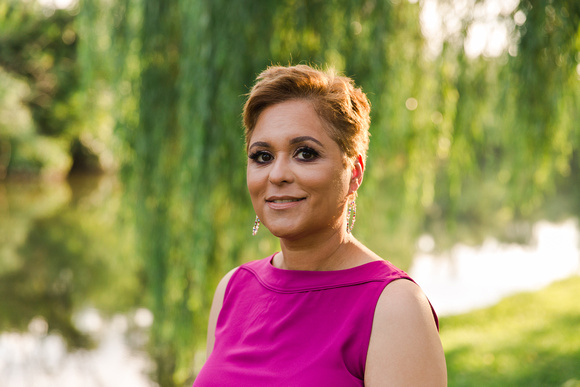
Pediatrician
Dr. Jacqueline Douge
I’m a first generation bi-racial Black woman, mom, pediatrician, writer, speaker, podcaster and child health advocate.
I graduated with a B.S. in Pharmacy from Rutgers University. I earned a M.D. at Rutgers-Robert Wood Johnson Medical School and a MPH at Johns Hopkins Bloomberg School of Public Health.
SHARE

Pediatrician
Dr. Jacqueline Douge
I’m a first generation bi-racial Black woman, mom, pediatrician, writer, speaker, podcaster and child health advocate.
I graduated with a B.S. in Pharmacy from Rutgers University. I earned a M.D. at Rutgers-Robert Wood Johnson Medical School and a MPH at Johns Hopkins Bloomberg School of Public Health.
SHARE
“"Being a new parent is amazing. Everyone around you is excited about the new baby but As a parent your little one will need your love and support. But don’t forget that parents need support as well. It’s normal for new parents to feel overwhelmed from lack of sleep, parenting other children, or the new role of raising a human being."“
- Dr. Jacqueline Douge
- Dr. Jacqueline Douge
My Mission
I want to share with other parents the knowledge and experiences that I’ve learned and continue to learn from my friends and colleagues in the fields of children’s health and social-emotional wellbeing.
Checked In
VIEW ALL
Recent Posts
Tip
Tip
Overshare
How to Actually Get Sleep (For You and Baby)